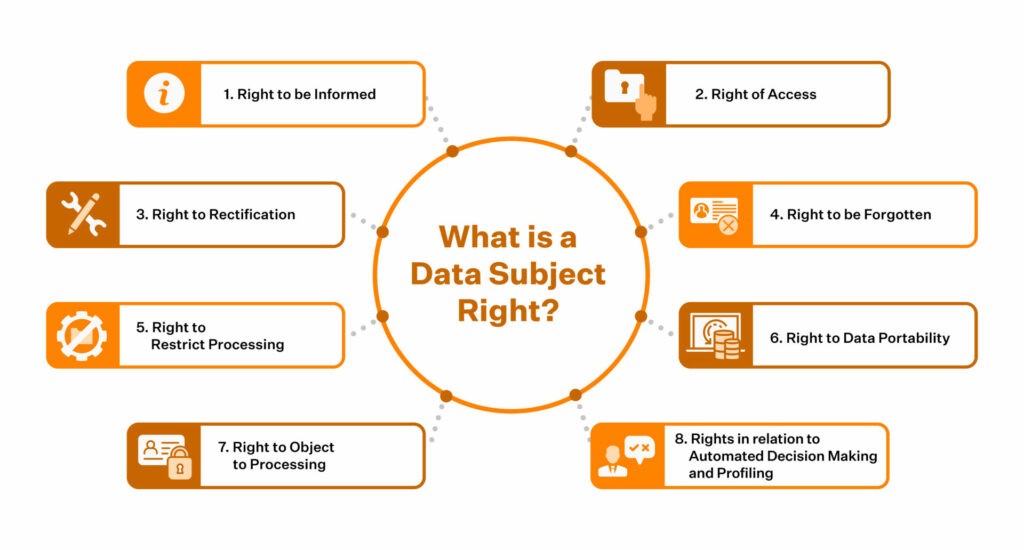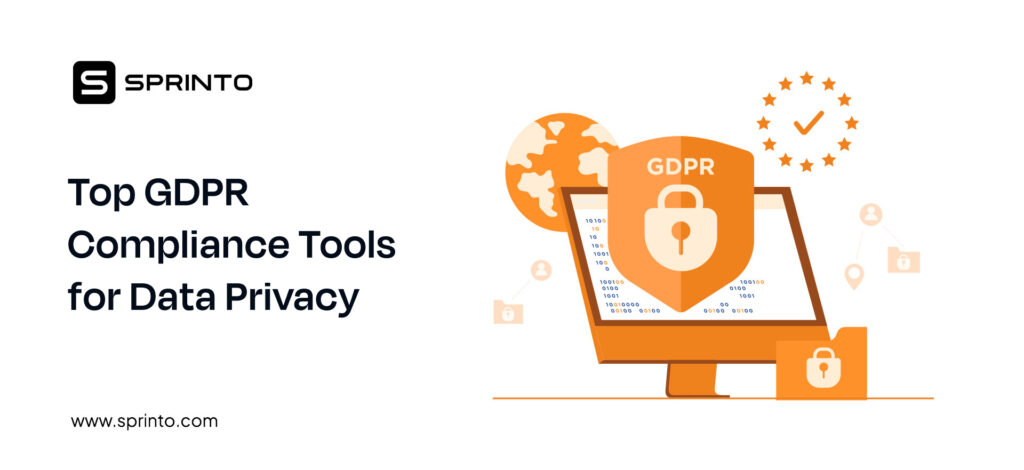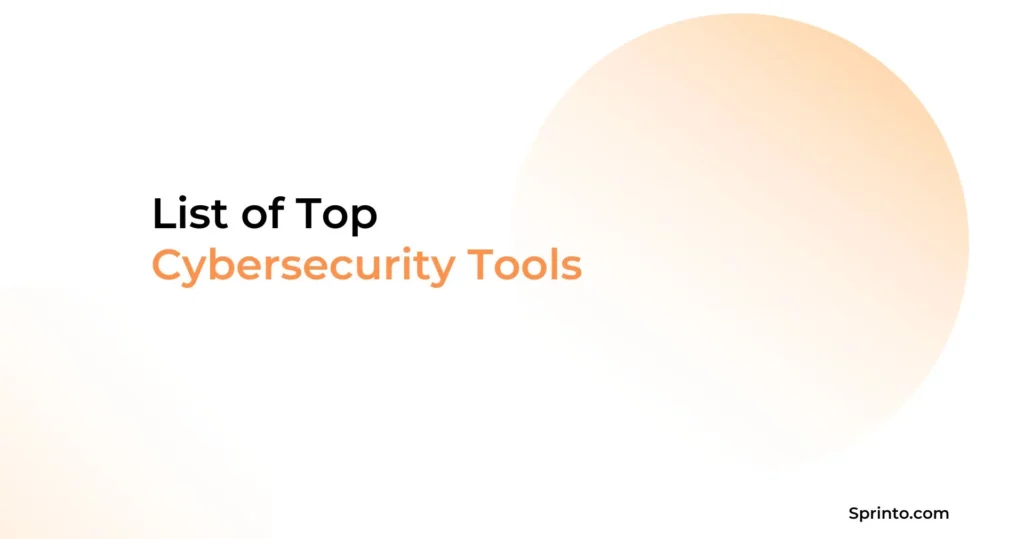
The 8 GDPR data subject rights form the foundation of data privacy under the General Data Protection Regulation. These rights protect individual users’ data privacy across the European Union member states.
For businesses aiming for GDPR compliance, these rights aren’t just checkboxes—they’re critical for building trust and accountability. In this article, we discuss each in detail, along with their operationalization.
What are GDPR Data Subject Rights?
GDPR Data Subject Rights are provisions made by the GDPR law to allow a degree of control to the data subject so they can decide how their personal data is being processed by the data controller.
The eight data subject rights can be mapped to several articles in the GDPR regulation ranging from Article 12 to Article 22. Here’s a table for the same:
| GDPR Data Subject Right | Article(s) |
| Right to Be Informed | Article 12, 13, 14 |
| Right of Access | Article 15 |
| Right to Rectification | Article 16 |
| Right to Be Forgotten (Right to Erasure) | Article 17 |
| Right to Restrict Processing | Article 18 |
| Right to Data Portability | Article 20 |
| Right to Object to Processing | Article 21 |
| Rights in Relation to Automated Decision-Making and Profiling | Article 22 |
Here are the 8 GDPR data subject rights:

1) Right to be Informed (Article 12 to Article 14)
Article 12 GDPR, Article 13 GDPR, and Article 14 GDPR focus on the data subject’s right to be informed about the data collection process.
As an organization collecting data, you must ensure that the user, when consenting for data collection, is informed about:
- Contact details and information of the data controller
- The types of information you would be collecting
- How you intend to use it
- The duration for which it will be used
- The GDPR rights they are entitled to
- What is your legal basis for processing their data
- Their right to draft a complaint
- Whether any third parties are involved
2) Right of Access (Article 15)
The Article 15 of GDPR is based on any individual’s right to submit a Data Access Request. The Right to Access allows them to get a copy of their personal data from the Controller.
Once an individual processes a Data Access Request, you must share all the information you hold about them. This includes:
- The source of data collection
- Why you’re processing the information
- If the data is shared with any third parties
- The categories of data you process
- A list of entities/individuals their data is shared with
- Information on automated decision-making (if applicable)
- Information on the rights (the Eight Data Subjects Rights)
3) Right to Rectification (Article 16)
The Right to Rectification empowers the Data Subject to ask the Controller (your organization) to make rectifications to their personal data if they find the data to be incorrect. In instances where the rectifications are deemed valid, the organization has up to 30 days to make the changes.
Though this could look like a minor activity, changes in data sets can have widespread implications across the organization’s processing activities.
4) Right to be Forgotten (Article 17)
Commonly known as the Right to Erasure, this is a right that allows the Data Subject to ask the Controller to erase their information from the Controller’s database. Any individual can exercise this right if:
- Their personal data is no longer required for the Controller’s data processing activities
- The individual withdraws their consent
- Unlawful data processing
- The individual doesn’t want to cooperate with the Controller about their data being processed.
- There is a legal obligation that calls for data erasure.
An organization can decline these requests if a legal law mandates them not to delete their data.
It is also essential to know that when a Controller receives such requests, they must notify every entity they’ve shared the individual’s data with to erase it from their records.
This process becomes cumbersome when multiple third parties are involved in the Data Processing process.
5) Right to Restrict Processing (Article 18)
The Right to Restrict Processing empowers the Data Subjects to restrict how their personal data is processed. When a user evokes this right, the Controller is not obligated to delete their data from their records. However, they are bound to make all the changes necessary.
Users can evoke their Right to Restrict Processing:
- If their data is no longer accurate
- When their data is not processed lawfully, they wish to restrict it instead of deleting it from the Controller’s records.
- When the individual wants the Controller to hold their data even though the Controller no longer needs this. This empowers the individual to make a legal claim if necessary.
- The individual has already processed an erasure claim, and the Controller is working on it. And the Right to Rectification is used in the delta stage.
6) Right to Data Portability (Article 20)
Right to Data Portability is one of the novelty rights individuals are entitled to under the GDPR law.
By exercising this right, individuals can ask Controllers to send them a copy of all their previously provided personal data and any new information the Controller obtained with their internal processes.
This information is to be sent to the individual by the Controller in a structured and machine-readable format.
An individual can also ask the Controller to send this data to another Controller.
This right can only be exercised if:
- The individual has provided their data to the Controller by consenting to it
- And if this data is processed electronically
7) Right to Object to Processing (Article 21)
This is straightforward. Any individual is entitled to ask the Controller to stop processing their personal data at any time.
8) Rights in Relation to Automated Decision Making and Profiling (Article 22)
Individuals have the right to object to data processing when automated methods solely do it without any form of human intervention.
This includes profiling data that provides for aspects such as mental health, work performance, behavior, location, income etc. This right cannot be exercised if the data that is processed is under the government’s legal requirement.
Violation of Common GDPR Data Subject Rights
If found to be non-compliant with GDPR, you could be levied with a heavy administrative fine of € 20 million or 4% of your annual turnover, whichever is higher.
This could also cause irreparable reputational damage to your brand.
Enable GDPR Data Subject Rights with automation
Once you’re aware of all the data subject rights according to the GDPR, you need to implement steps to put these steps into action in your organization.
Operationalizing these rights requires a mix of technical capabilities, well-trained teams, and robust documentation. When you start getting requests from Data Subjects, it is best that you have a system in place.
Sprinto automates the collection process of receiving these requests and automatically assigns them to the relevant teams responsible for this task.
Along with that, Sprinto is designed to become your single-central resource to process all your GDPR compliance requirements. Over 100 SaaS businesses have significantly reduced their time and cost to become compliance ready with Sprinto.
Talk to Sprinto today to see how we can revolutionize your GDPR compliance process.
Frequently Asked Questions
What are the 8 data subject rights under GDPR?
The eight data subjects’ rights are the right to be informed, right of access, right to rectification, right to be forgotten, right to restrict processing, right to data portability, right to automated decision making, and the right to object processing. a
What is not a data subject right?
The right to data restrict data processing is removed from a data subjects list of rights when a federal agency does the processing of data for the purposes of the prevention, investigation, detection or prosecution of criminal offences.
What is personal data under GDPR?
Personal data refers to any information that can directly or indirectly identify an individual. This includes names, email addresses, phone numbers, IP addresses, location data, financial details, and even online identifiers like cookies.
What information can I ask for in a subject access request?
In a Subject Access Request (SAR), you can ask for:
- Information about automated decision-making or profiling, if applicable.
- Copies of your personal data held by the organization.
- The purpose and legal basis for processing your data.
- Data sources and categories.
- Details of third parties your data has been shared with.
Vimal Mohan
Vimal is a Content Lead at Sprinto who masterfully simplifies the world of compliance for every day folks. When not decoding complex framework requirements and compliance speak, you can find him at the local MMA dojo, exploring trails on his cycle, or hiking. He blends regulatory wisdom with an adventurous spirit, navigating both worlds with effortless expertise
Explore more
research & insights curated to help you earn a seat at the table.





















